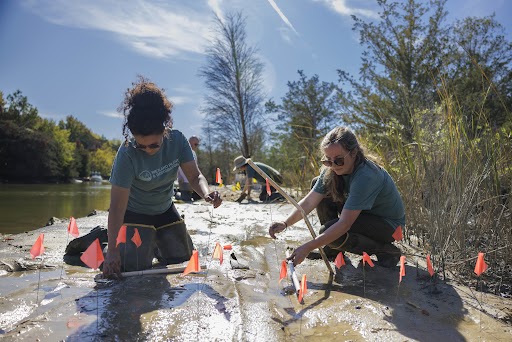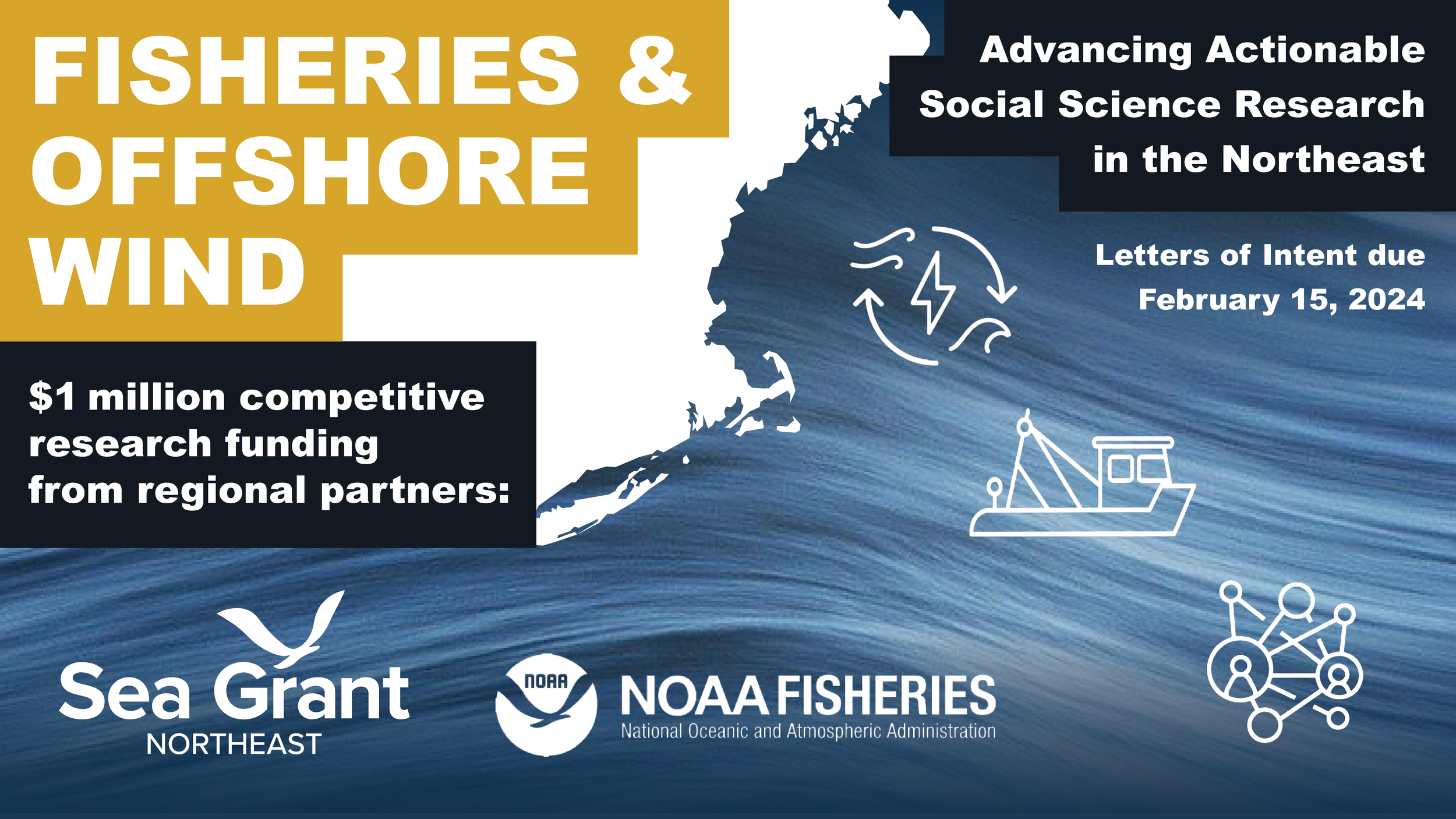Is there room on the water for everybody?
By Rebecca Burton, Florida Sea Grant
As the population along Florida’s coast grows, coastal communities are feeling the squeeze.
Is there room on the water for everybody? Mom-and-pop marinas compete with bigger and better financed operators for the state’s most valuable real estate. Public beaches may also be private backyards. Crowded ramps disperse boaters to even more crowded waterways. The problem of access will only grow with rising seas, eroding shorelines and the nation’s continuing love affair with Florida’s beaches and its waters.
If coastal communities are to remain sustainable, residents, visitors, policy makers, and regulators need new methods and information sources to harmonize the growing demand for access to their beaches and waterways. Researchers and extension specialists at Florida Sea Grant are making that challenge a priority.
Together with colleagues in the National Working Waterfronts Network, they are developing novel tools that increase the capacity of coastal communities to cater to existing users while planning for future demands.
“Florida’s waterways and waterfronts are a major component of our economy and lifestyle, so Florida Sea Grant joining the Network was a no-brainer. The synergy created by pooling expertise and talent from across the U.S. benefits all who are involved,” said Bob Swett, boating and waterways planning specialist at Florida Sea Grant.
This year, Florida is hosting the 2015 National Working Waterfront Symposium, which will take place November 16-19, 2015 in Tampa. A working waterfront is any waterfront area that is occupied by commercial fishermen and other traditional marine industries.
The symposium will also include the third edition of “From Stem to Stern,” a boating and waterway management conference in Florida organized jointly by Florida Sea Grant, the Florida Fish and Wildlife Conservation Commission and the Florida Department of Environmental Protection. Its primary goal is to provide opportunities to learn and discuss boating and waterways issues.
But working waterfronts isn’t the only area where Florida Sea Grant is working to solve water access issues in the state. University of Florida Levin College of Law and Florida Sea Grant recently developed “Accessing the Florida Coast” (floridawateraccess.org), an online, self-help resource for the people of Florida.
It pulls together Florida’s legal and regulatory framework to help coastal communities more effectively address water access, understand public access rights, reduce environmental impacts and even save tax dollars.
Tom Ankersen, Florida Sea Grant’s legal specialist and director of the school’s Conservation Clinic, believes solutions to water access conflicts can be found through strong and meaningful stakeholder involvement.
The website addresses beach access, boating access and working waterfronts through informative “toolkits” that contain materials for basic legal concepts, model laws, and local ordinances, and case studies of best management practices from municipalities across the state.
“People love to be in and on the water, and most want to do so responsibly. If they understand the legal and policy basis for regulation and management—when it makes sense and when it doesn’t—they are more likely to become partners in efforts to protect both the resource and their access to it,” Ankersen said.
Editor’s Note: The 2015 National Working Waterfronts Symposium is now accepting proposals for presentations at the conference. Individuals involved with working waterfronts and waterways, recreational boating, maritime culture and heritage, or waterfront workforce development are encouraged to submit a proposal before April 15, 2015, at this website:


